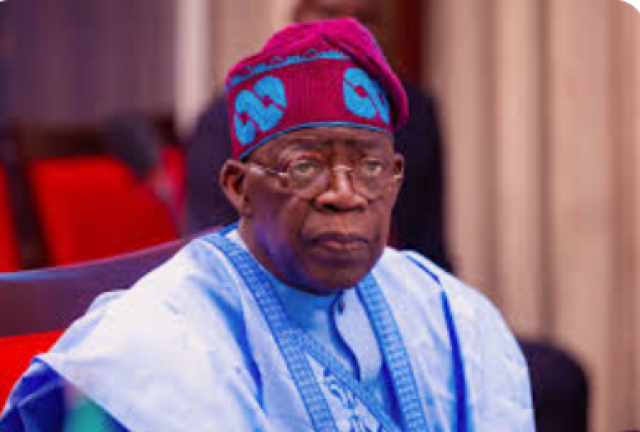The Nigerian Government has entered into over 26 Memoranda of Understanding with foreign countries and agencies in the past year.
The MoUs cover various sectors including infrastructure, education, trade and investment, tourism, security, information technology, culture, energy and gas, and sports.
The total value of these agreements exceeds N4.2 trillion, though the exact worth of many was not specified.
Additionally, the government signed an MoU with India in February 2024 to increase trade volumes between the two countries.
In November 2023, Nigeria signed a $500m renewable energy and gas deal with Germany. On September 27, 2023, Nigeria also signed an MoU with Russia on nuclear energy.
On October 20, 2023, Nigeria signed an MoU with China on the provision of $2bn worth of infrastructure. On December 9, 2023, Nigeria signed an MoU with China to develop and establish a $150m Lithium-Ion battery manufacturing and processing factory.
In December 2023 and March 2024, Nigeria signed MoUs with Russia and Qatar in the education sector. In February 2024, Nigeria signed an MoU with India to boost trade volume.
On March 3, 2024, Nigeria signed an MoU with Qatar to establish a Joint Business Council. On March 19, 2024, Nigeria signed an MoU with Lab Four to provide 50,000 full-time business process outsourcing jobs over the next three years.
On August 30, 2023, Nigeria signed two agreements with the United Nations Office on Counter-Terrorism to enhance collaboration in preventing and countering terrorism and violent extremism.
On January 30, 2024, Nigeria signed an MoU with the United States to provide training for commanders of the Police Special Intervention Squad in combating banditry and other crimes.
On February 16, 2024, Nigeria signed an MoU with the United States on the preservation of a UNESCO Cultural Heritage Site in Adamawa State.
On November 3, 2023, Nigeria secured a $600m I-DICE Financial Agreement with France to support digital and creative enterprises.
The delegation included the Minister for Foreign Affairs of Sweden, Tobias Billström; the Minister for Foreign Affairs of Finland, Ms Elina Valtonen; Minister for Foreign Affairs of Iceland; Ms Thórdís Kolbrún Reykfjörd Gylfadóttir; the State Secretary for International Development, Norway, Bjørg Sandkjær, and Under Secretary for Foreign Policy, Denmark, Eva Marie Frida Barløse.
Tuggar highlighted the long-standing relationship between Nigeria and the Nordic countries, particularly Finland's early recognition of Nigeria's republic status.
He noted their consistent partnership in combating terrorism, especially in de-radicalisation and resettlement efforts in the Lake Chad region.
The discussions also covered enhancing trade relations, with a focus on Nigeria's shift towards renewable energy sources, such as the launch of Compressed Natural Gas buses.
Tuggar praised the Nordic countries' advancements in cyclical economy and renewable technology, and outlined potential collaborations in research and development.
He also mentioned Nigeria's Technical Aid Corps, which deploys Nigerian professionals globally.
Additionally, Tuggar confirmed that Nigeria had raised concerns about a controversial Biafra agitator Simon Ekpa with Finland.




















